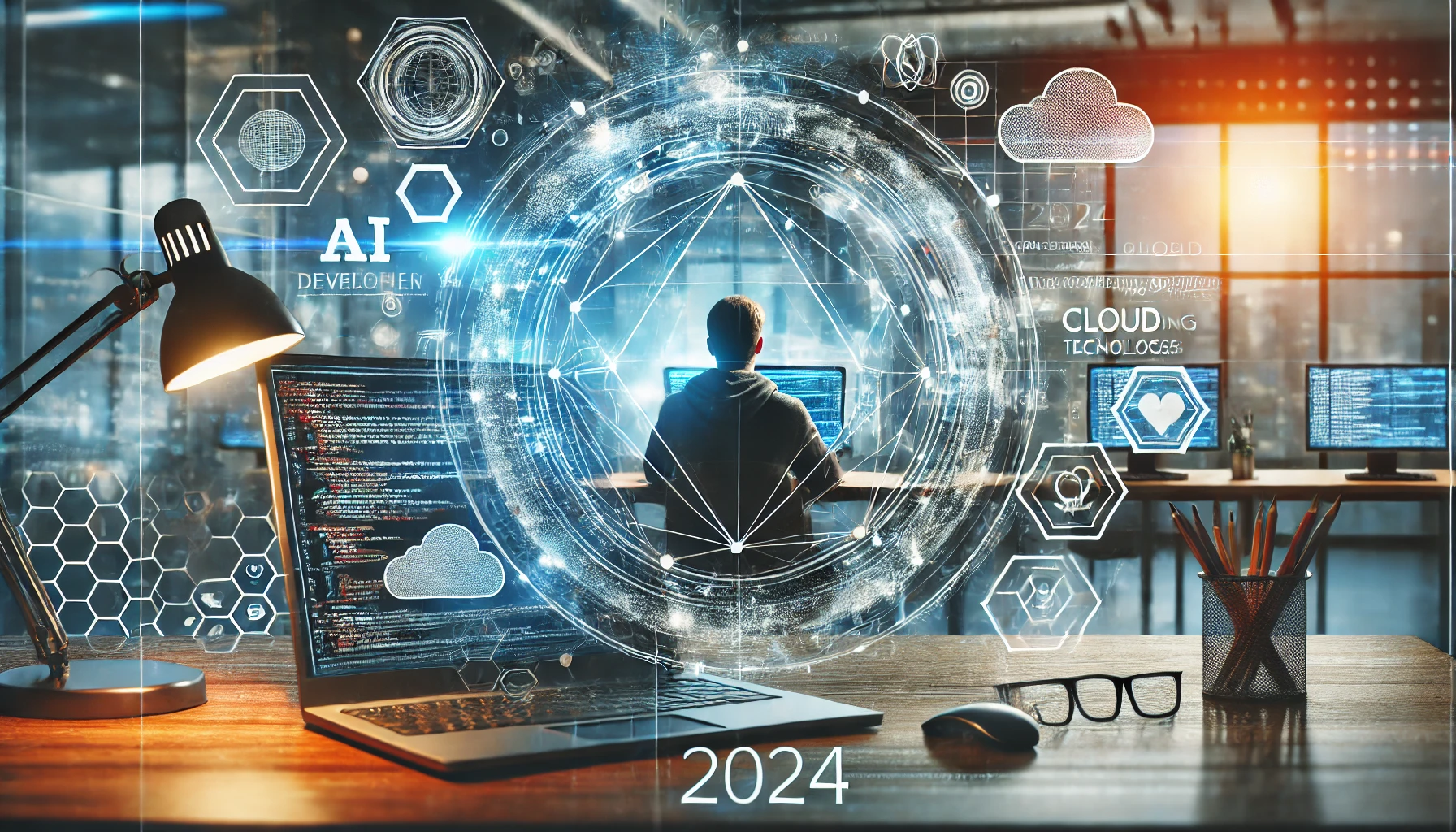In the rapidly evolving landscape of software development, it's easy to become preoccupied with the latest technologies and frameworks. But beyond the tools we use, the underlying design philosophies and methodologies are what truly define a successful project.
Today, user-centric design has gone beyond simple user interface aesthetics—it encompasses performance, accessibility, and even emotional impact. Emotional design has become a significant focus in 2024, where personalized experiences and subtle animations are used to create an engaging and relatable experience for users.
Micro-Interactions are one of the most powerful tools in creating a meaningful connection between users and the application. For example, subtle animations that acknowledge user actions can greatly enhance user satisfaction. These small touches are what turn a good user experience into a great one.
Accessibility is no longer optional; it is a core part of software development. Developers now ensure that applications are inclusive by adhering to WCAG 2.1 guidelines, focusing on color contrast, keyboard navigation, and screen reader compatibility. This not only enhances usability but ensures a product reaches a wider audience.
Another big trend in 2024 is the integration of AI into development and user experience. AI helps personalize the user experience, adapt interfaces based on user behavior, and even predict what the user needs before they know it themselves. Developers also benefit from tools like GitHub Copilot, which assist in writing code faster and reducing repetitive tasks.
Offline-first applications are gaining importance as well, where an application's ability to perform well even with unstable connectivity is critical. By utilizing service workers to cache essential resources, developers are now creating resilient applications that continue to function smoothly without consistent internet access.
Minimalism in both design and development is making a statement. In 2024, minimalism doesn't just mean a visually clean interface—it means reducing complexity in both user journeys and the underlying code. Clean, simple code and user flows ensure that software remains maintainable and accessible.
Voice and conversational UIs are becoming more prevalent, with natural language processing enabling smoother, more intuitive ways for users to interact with digital products. Combined with an increasing focus on ethical design and privacy by design, modern software solutions are now not only functional but also respectful of user privacy and data.
Lastly, the trend of focusing on sustainability in development is taking hold. Developers are optimizing codebases to reduce their carbon footprint, considering that every server request and processing cycle has an environmental impact. Techniques like code splitting, lazy loading, and asset optimization are paving the way for greener software solutions.
In conclusion, the software development trends of 2024 point towards a user-centric, ethical, and efficient future. Developers are focusing on not just the technology stack but also on the emotional, inclusive, and environmental impact of their software. As we continue to build the future, these values will guide us in creating applications that are not only effective but also meaningful and responsible.








